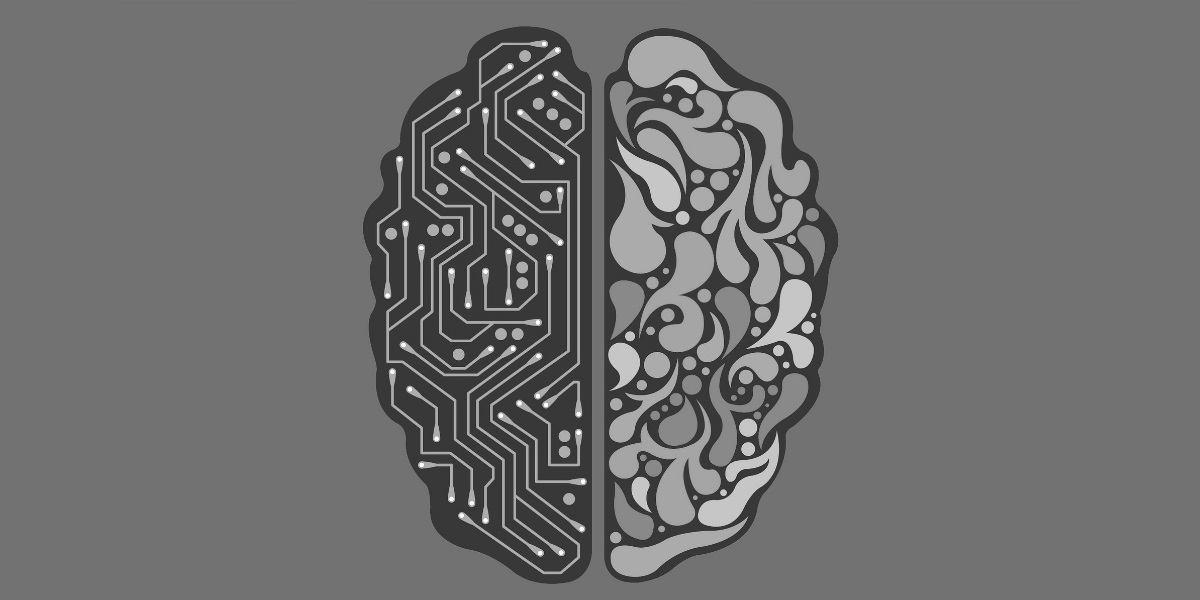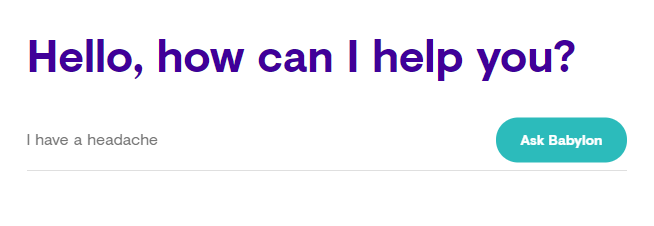Enterprises have already started adapting IT infrastructure with Artificial Intelligence to provide the best care to patients and it has been a major help with complex data sets. The significance and the benefits of big data and data mining cannot be ignored by industries anymore, especially in the healthcare scenario. Would you be surprised if we highlight the fact that though
AI has been established in healthcare in several significant ways, these industries have only scratched the surface?
Incidentally, AI in healthcare is still in its infancy, so imagine all the changes it can bring when the implementation gets more mature and profound? In this article, we examine several scenarios that emphasize the importance of incorporating AI in healthcare apps.
1. Physicians move to more complex tasks
Physicians and clinicians are now freed of the dreary clinical tasks they used to do because machines have taken over. However, in the initial days when the computers were managing the algorithms, they lacked something - human insight, intuition and expertise. Computers can spew out only what they’ve been fed, making it imperative for physicians to remain in the continuum of care spectrum. However, improved algorithms and medical breakthroughs have made it possible for mundane tasks to be handled accurately by machines. This frees the physicians to focus on complex issues.
2. Warning patient of impending heart attacks
This is the era for wearables. People already use wearables of various forms and shapes. But how about having a wearable that can accurately predict incidence of stroke, heart attack, etc. Earlier, the wearables were able to make suggestions to the patient by monitoring their general health and lifestyle, but wearables with enhanced AI can actually detect a heart attack or cancerous tumor. Wearing a wristwatch on your wrist does this, and the wearable injects nanoparticles (which are actually IoT devices) that can detect anomalies in your body.
3. Saving time in repetitive tasks
The data coming from scans and X-rays can be overwhelming in a hospital. Now these tasks can be handled much faster by robots, especially in the radiology departments and imaging centres. All the repetitive manual tasks can be easily automated through third-wave AI.
4. Discovering patterns in seemingly mundane patient data
Finding a pattern in electronic medical records is not easy, especially with the explosion of new data. The sheer volume and velocity of data can be intimidating and no human can analyze them to decipher actionable insights. Proper documentation of this data, and finding a pattern in them can help the doctor, and even reduce the time spent in face to face interaction.
5. Digital consultation
There are apps that would analyze the patient, based on their medical history and common medical knowledge. An example of such an app would be Babylon in the UK.
Image Credit: Ask Babylon
If a user types his symptoms on to the app, the app, with the help of speech recognition, compares this with a plethora of symptoms and the user’s medical history, and suggests a probable disease.
6. Virtual nurses
Molly is a digital nurse developed by San Francisco based Sense.ly, and it is capable of engaging the patients with natural conversation. It covers a variety of circumstances ranging from simple administrative tasks to chronic diseases that need medical assistance. Digital nurses have been successful in providing better patient outcomes, even for highly prevalent conditions like depression and hypertension.
7. Drug creation
Imagine an outbreak of a serious illness that can claim lives. Developing medicines through clinical experiments can be a painstaking process. And that costs billions of dollars and years and years of hard work. AI can power programs that can scan existing medications and provide insights on how to redesign them. For example. During the recent Ebola virus scare, AI was able to come up with two different medications that can combat the issue. Quick discovery of the medication saved thousands and thousands of lives.
8. Healthcare system analysis
An advanced level of healthcare system analysis is possible with AI. The technology can instantly detect anomalies in treatment structure, workflow inefficiencies and can even avoid unnecessary patient hospitalizations.
9. Predict diseases early
It would be nice if there is some way to predict the occurrence of an illness in the future. Suppose, you are likely to have a heart attack 15 years from now, and you are able to do something to prevent it, it would be a great thing. How about having a device that can pull information in your DNA and predict diseases? Such an app scans the body to collect information and generates predictions.
10. Healthcare bots
Artificial Intelligence acts a customer service representative as well. More and more companies have begun to make use of healthcare bots in chat services and websites and even over the phone. These bots would help the patient with their queries, arrange for follow-up appointments with the patient’s provider, help in medication and even assist during the billing process.
Closing Thoughts
AI works in two different ways entirely. One is to provide standardized deployment of clinical knowledge. And the second is to act as an implement or a tool to redistribute the work among the complete healthcare system. This technology has evolved to be a decision engine from being a mere system to collect patient data to a super solution that offers predictive analysis to generate probable patient outcomes through various devices like wearables and apps. And this is just the tip of the iceberg. The entire potential of AI is yet to be tapped and presented to the world.


